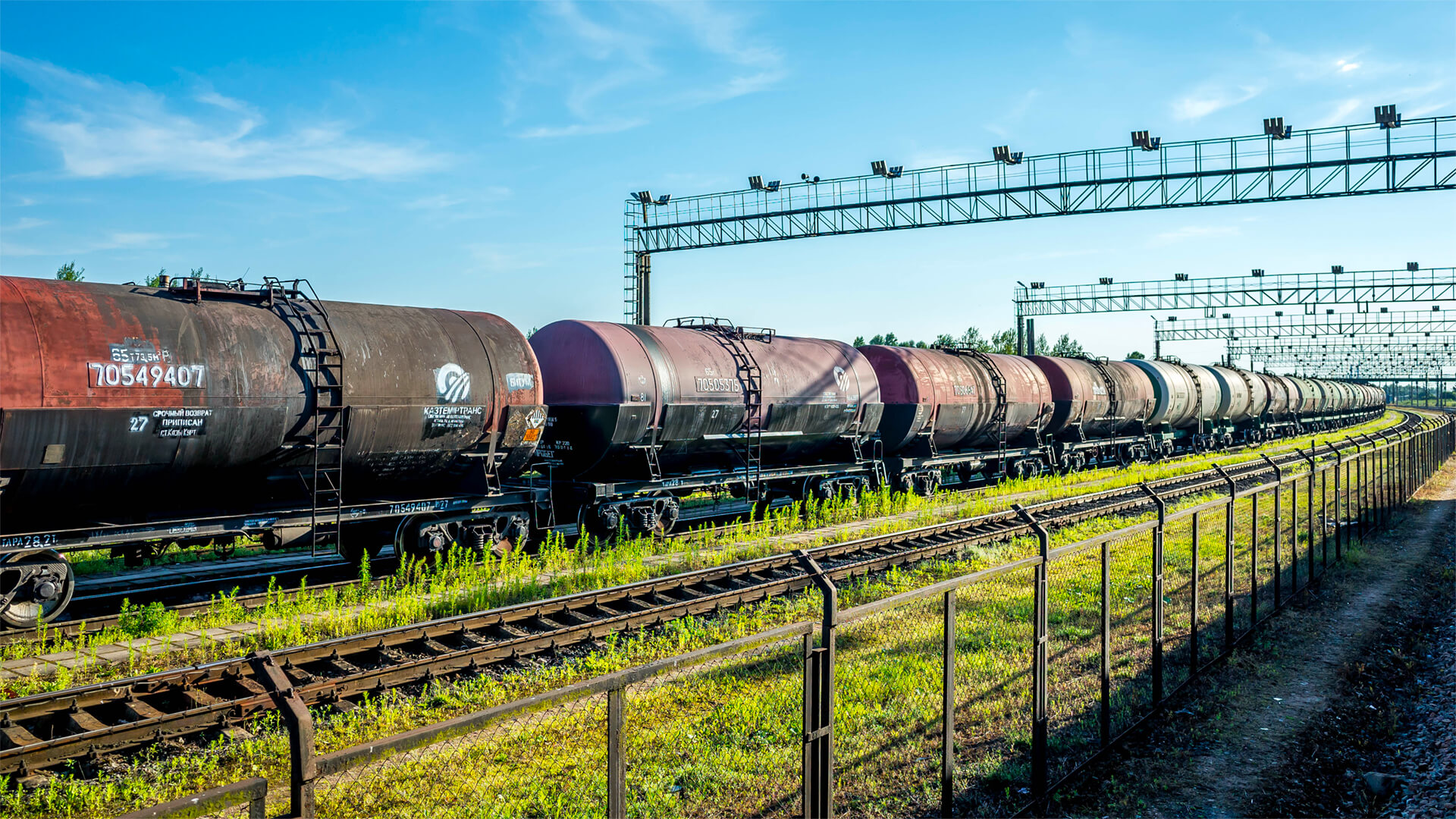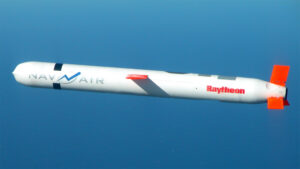While sanctions on Russian natural gas have proven highly effective, those imposed upon Russian oil have somewhat backfired. Although oil exports have dropped by 10%, several factors have skyrocketed Russia’s earning potential.
Oil is much easier to transport than natural gas, so getting it to destinations is of less concern. There’s also a global shortage of heavy sour crude – the kind that comes from Russia’s Urals – which has driven up prices significantly. Europe’s sanction strategy targeted financing and insurance, but Russia has circumvented these restrictions via state-sponsored insurance programs and old tanker purchases.
Thanks to Europe’s phased implementation of sanctions, the Russians had ample time to find loopholes and undermine this system. The Europeans may have to come up with some more “direct” tactics to put the hurt on the Russians.
This situation remains unpredictable; we could see Ukrainian strikes on Russian ports or even some insurance claims will stir the pot. But If oil sanctions were as effective as the sanctions on natural gas, the dynamics of this war would be fundamentally changed.
Here at Zeihan On Geopolitics we select a single charity to sponsor. We have two criteria:
First, we look across the world and use our skill sets to identify where the needs are most acute. Second, we look for an institution with preexisting networks for both materials gathering and aid distribution. That way we know every cent of our donation is not simply going directly to where help is needed most, but our donations serve as a force multiplier for a system already in existence. Then we give what we can.
Today, our chosen charity is a group called Medshare, which provides emergency medical services to communities in need, with a very heavy emphasis on locations facing acute crises. Medshare operates right in the thick of it. Until future notice, every cent we earn from every book we sell in every format through every retailer is going to Medshare’s Ukraine fund.
And then there’s you.
Our newsletters and videologues are not only free, they will always be free. We also will never share your contact information with anyone. All we ask is that if you find one of our releases in any way useful, that you make a donation to Medshare. Over one third of Ukraine’s pre-war population has either been forced from their homes, kidnapped and shipped to Russia, or is trying to survive in occupied lands. This is our way to help who we can. Please, join us.
Transcript
Hey everybody. Peter Zeihan here, coming to you from Colorado. Now, yesterday, we talked about how some of the European sanctions on the Russian energy industry were working much better than expected. So now let’s kind of flip that and talk about some that are not doing nearly as well. That has to do with oil, whereas with natural gas, Russian exports to Europe are down by 85% and Russian production is now the lowest in 40 years.
Oil has dropped off a little bit, about 10%, but the Russian ability to profit from it has skyrocketed senior earning significantly more now than it did before the war. And it’s worth explaining why in the sanctions are out of the reason why the Russians are doing so well in that field. So there’s three things to keep in mind when you’re talking about oil markets.
Number one is the physicality of things. Natural gas is a gas. It’s hard to move from place to place. And you pretty much have to have a dedicated piece of physical infrastructure, typically pipeline, to get it from A to B. You can’t chill it down in a liquefied form, roughly negative three degrees, and move it via specialized tankers that unload in specialized facilities.
But those things are so specialized, they’re not really they don’t allow for a really liquid market. Oil’s different. Oil is a liquid and it is a liquid at room temperature. So you can put it into pretty much any type of container shipping device that you want. And while the Europeans did, for the most part, stop taking oil from the Russians in perfect form, the Russians are able to export over half of their oil by water to be a tanker.
And they were even able to redirect some of the piped crude to their ports. Which brings us to the chemistry problem. Not all crude is the same. In the world of natural gas. Methane is methane is methane in the world of oil. There’s different varieties, light and sweet versus heavy and sour. Light and sweet has very few contaminants and it is very thin, almost clear where the heavy sour is thick and gooey might even be solid at room temperature and is black and viscous.
And different refineries around the world are designed to run on different grades of crude, sometimes even specific crude types from specific fields. And that makes it a little bit more of a mismatch problem that natural gas just doesn’t have to deal with. So, for example, in the markets right now, there is an oversupply of light sweet on a global scale, primarily because of the United States.
U.S. shale crude is different from most crude in that it’s trapped at the moment of geological formation. And so it never migrates through the rock strata. And it’s the migration that picks up the contaminants that makes crude heavier and more sour. Well, American refineries are designed to run on heavier and sour, so that light sweet is kind of stranded in North America.
So it has to be exported by tanker to the wider world. And so light sweet crude is trading at a significant discount to a lot of global crude grades, despite the fact that it’s considered high quality. On the flip side, we’re running out of heavy sour. Venezuela used to be a massive producer, and it’s found ever more creative ways to commit national suicide.
The Mexicans used to be a reasonably large supplier, and they’re keeping their crude at home because their economic development has demanded more energy. And the world’s single largest crude grade of all is none other than Russia’s Urals blend, which is a medium sour, medium heavy blend. And so taking even small amounts of that off the market has had an outsized impact on pricing.
And so even though there’s supposedly a price cap that the Europeans set at $60 a barrel, that anything above that the Russians shouldn’t be able to sell it. Right now, Russian Urals is going for 85. And there’s not much the market can do about it. Which brings us to the third point, which is the legalities and the niceties.
When the Europeans stop taking the piped oil and started to slim down, they’re taking of the tanker, shipped oil from Russia. They used their ability to influence global financing, global insurance, specifically saying that anyone who delivered or participated in the supply chain that took Russian crude and if it was sold above $60, they wouldn’t be able to qualify for any European based insurance or financing, trade, finance included.
And since that is the source of the vast, vast, vast majority of the world’s maritime shipping insurance, the thinking was that that is going to discourage anyone from doing it. Well, they also didn’t want to destroy their own economies when they were doing this. So they phased all this in over the course of the year. And it turns out that that was enough time for everybody who was interested to set up alternative systems.
So India, China and Russia now all offer state sponsored insurance programs for maritime shipping. And the Chinese and the Russians in particular, have gone out and purchased huge numbers of really, really old, decrepit tankers and are running them kind of under the radar, turning off the transponders so they can’t be tracked easily. And those two things together has allowed a huge amount of Russian crude to sail the world’s oceans without any even tangential connection to the European financiers that it was thought would be able to keep all of this stuff off the market altogether.
The very act of providing the market with time to adjust gave the market time to adjust for all players. And so the stuff is still coming out now. If the Europeans and to a wider degree, the West in general is going to take an ax to Russian crude, they’re going to have to get a lot more creative or they’re going to have to act a lot more directly.
Keep in mind that roughly 1 million and a half of barrels of crude every day Russian crude are flowing out of the port of Morse on the Baltic Sea and another million and a half on the port of overseas on the Black Sea. And as long as the Europeans are not willing to take direct action against that, and they definitely have the military capacity to do so, should they so choose this seems like it’s going to keep flowing.
About the only potential fly in the ointment there is on the Black Sea, and that the Ukrainians have now said that they are willing to attack targets in Russian ports. Now, since they made that threat about five weeks ago, now they haven’t acted on that threat, even though their supposed deadline now has expired three weeks in the past.
But it’s probably going to take some sort of military action by someone to remove this from the market or one other possibility, as we have some sort of mishap where those insurance claims get called upon and the Indians and the Chinese and the Russians who have never offered these insurance plans before now will probably find themselves in arbitration almost immediately when they try not to pay.
But that’s a series of if then statements that are impossible to predict at the current moment. Honestly, I’m a little surprised it hasn’t happened by now, considering everything that’s gone down in the Ukraine work. But that is where we are. So Europeans natural gas working better than expected will not working nearly as well as expected.







